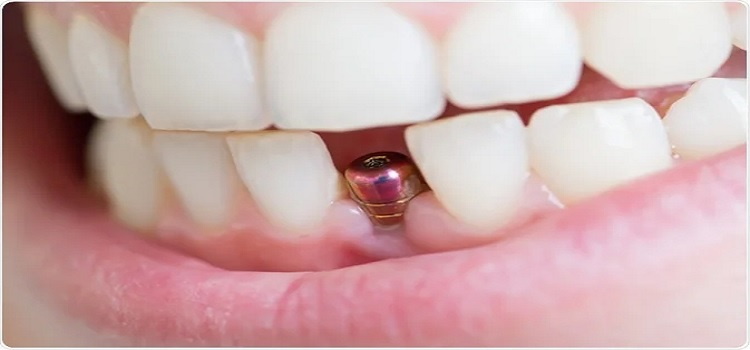Whilst there are many dental procedures that just about anyone can have safely, there are also some, including dental implants, that consideration of a person’s eligibility has to take into account other factors than simply whether they would benefit from the treatment. These usually relate to their physical health and some lifestyle choices, and it may be the case that these mean the person is not eligible for them.
If we focus on dental implants there are 5 major factors where, if they apply to the patient in question, their dental consultant will advise them that it will not be recommended, mainly on health grounds, for them to have the treatment. Some are specific to the physical process with respect to fitting the implants, and others are with regards to the person’s overall wellbeing. Let us look at these 5 eligibility issues in some detail.
Smoking
Ok, we are not going to bang the drum about you stopping smoking for your health, however, the fact remains that smoking can compromise your eligibility for dental implants. Specifically, cigarette smoke blocks saliva glands, and with saliva playing a huge role in killing bacteria in your mouth, if there is less of it, the risk of infection increases.
Also, nicotine reduces the flow of blood and oxygen to your bones, and with your jawbone required to be in prime condition in order for the titanium inserts to be embedded securely, it can be weaker in those who smoke.
Chemotherapy
For anyone who has been unfortunate enough to have cancer, if they have had chemotherapy hopefully that has cured it. However, despite being able to kill cancerous cells, chemotherapy has side effects, one of which is to reduce the density of bones. As we have mentioned, your jawbone needs to be strong in order to have dental implants, and if chemotherapy has caused your jawbone to lose density, then it may not be possible to have them.
Underlying Medical Conditions
There are several medical conditions, some of which are underlying, that, unfortunately, can make the person suffering from them unsuitable for dental implants. The reason for this is that these conditions can adversely affect the jawbone’s ability to fuse with the titanium screws which need to be securely embedded in it.
Some of these conditions are diabetes, heart disease and a stroke. Those with compromised immune systems may also be ineligible, given the higher risk of infection that can exist.
Jawbone Loss
You will have seen us mention the importance of a strong jawbone that is capable of securing the titanium inserts, several times, and this issue directly relates to it. Some patients will have jawbones that are diminished and in some circumstances might not be suitable for dental implants.
The good news is this tends to be problematic only for where just one or two teeth are to be replaced by dental implants. If the patient is having full set dental implants, then a dental surgeon should be able to locate enough strong parts of the jawbone in order to secure the inserts.
Pregnancy
Where pregnancy can be problematic with regards to dental implants is when the expectant mother wishes to have a general anaesthetic, rather than a local anaesthetic. The risk to their unborn baby might be slight but it is enough that most dental surgeons will insist that they either have a local anaesthetic or postpone the treatment until after their baby has been born.
If the dental implant procedure is deemed essential then it is recommended that it take place between month 4 and month 6 of the pregnancy and that an obstetrician is consulted prior to any treatment being undertaken.

